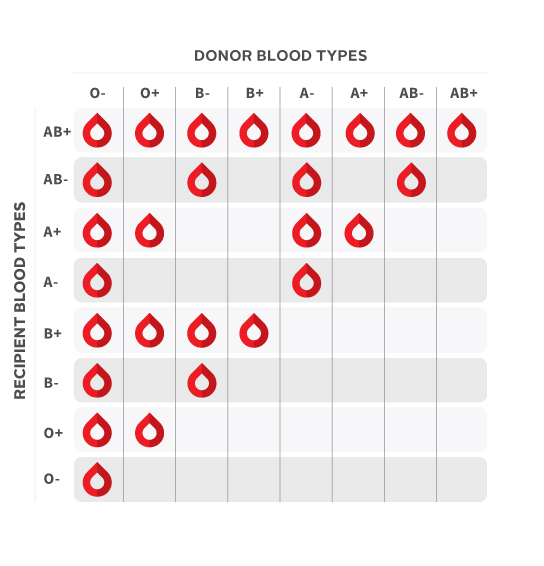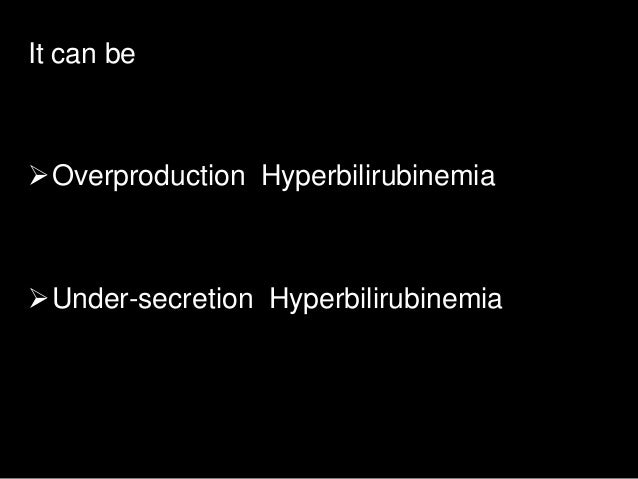Can Rh negative people donate blood?
Who can rh negative donate to? Also, Rh-negative blood is given to Rh-negative patients, and Rh-positive or Rh-negative blood may be given to Rh-positive patients. The rules for plasma are the reverse. The universal red cell donor has Type O negative …
What blood groups can people with a+ donate?
Since the Rh factor was identified mid-last century, the website rhesusnegative.net reports U.S. Presidents with Rh-negative blood include Eisenhower, Kennedy, Nixon, Reagan, George W. Bush, Clinton and Obama.
Is donating blood right for You?
Feb 02, 2021 · The positive or negative sign next to the blood groups is known as the Rhesus (Rh) factor. The Rh factor is an inherited protein that can be found on the surface of the red blood cell. If your blood type is positive, then your blood cells have the Rh protein. If your blood type is negative, then your blood cells lack the Rh protein.
What is the difference between Rh positive and Rh negative blood type?
1. Rh-negative blood is in short supply. Each blood type has Rh-positive and Rh-negative types, but the Rh-negative blood type is the least available for transfusions. This is especially critical as Rh-negative blood types can only receive from other Rh-negative. 2. People with Rh-negative blood types are ideal for donating platelets

What is the difference between a positive and negative rh factor?
A person with the Rh positive factor will not make anti-Rh antibodies. Those with Rh negative factor will produce the antibodies. Therefore, someone with Rh+ blood can receive both Rh+ and Rh- transfusions, but those with Rh- can only receive Rh- blood.
What happens if your blood type is negative?
If your blood type is negative, then your blood cells lack the Rh protein. Although Rh positive is the most common blood type, having a Rh-negative typing does not indicate illness and usually doesn’t affect your health.
What are the blood groups?
The most commonly recognized blood groups are A positive, A negative, B positive, B negative, AB positive, AB negative, O positive, and O negative. The positive or negative sign next to the blood groups is known as the Rhesus (Rh) factor. The Rh factor is an inherited protein that can be found on the surface of the red blood cell.
How to determine blood type?
Blood typing is determined by the molecules on the surface of the red blood cells (RBCs). In general, we can classify someone’s blood type by the absence or presence of A or B antigens and Rh factor on the surface of blood cells.
How can I help save lives?
If you have Rh-negative blood, you have the ability to produce anti-D antibodies, which are needed to create an important Rh immune globulin medication.
How does the Anti-D Plasma Donation Program work?
If you are Rh negative, you have the ability to produce anti-D antibodies in your plasma. Both men and women with negative blood types (A-, B-, AB-, and O-) are Rh negative.
What if I am not sure if I am Rh negative?
We can do a simple blood test during your visit to our plasma center to find out if you are Rh negative. If you are not Rh negative, we have a variety of additional specialty plasma donation programs that may be of interest to you. Be sure to ask a member of our team for more information.
Why should I participate in this program?
As an anti-D plasma donor, you help create an Rh immune globulin medication that prevents HDN. Without plasma donors like you, this medication would not be available.
How can I start helping?
The first step would be to contact your Grifols plasma center listed below to learn more.
What happens if a woman has Rh negative blood?
According to the American College of Obstetricians and Gynecologists, if a woman has Rh-negative blood type but her fetus is Rh-positive, then an Rh incompatibility arises which can cause complications during pregnancy. If the blood of the fetus somehow mixes with the mother’s, the body will know it’s not her own blood and will fight against as it’s a foreign entity. The Rh antibodies which are subsequently created can cross the placenta and “attack” the fetus’ blood, leading to health problems and the risk of even death of the fetus or the newborn baby.
How many people can receive platelets from an A-negative donor?
1 in 13 donors is A-negative, but what’s most important is that everyone can receive platelets from an A-negative donor. So, while the blood from an A-negative donor can be used with 40% of people, the platelets can help anyone in an emergency.
Why are platelets important?
Platelets are important for cancer patients, organ recipients, or people undergoing heart surgery. If you have Rh-negative blood type, your platelets are in high demand. As a result, people with Rh-negative blood type are strongly urged to donate blood or just platelets, depending on what is more easily done where you are, ...
What are the different types of blood?
There are four types of blood: A , B , AB and O. While AB can receive blood transfusions from all other types, O is a universal donor, meaning that their blood can be used for anyone else for a transfusion.
Why is the Rhesus blood type named after the Rhesus monkey?
When they discovered the Rhesus blood type, or Rh factor, in 1937, Karl Landsteiner and Alexander Wiener named it after the Rhesus monkey because it also carries this gene . The Rhesus protein lives on the surface of red blood cells and can give us some interesting influences, but the most important has been understanding the risks of different Rh factors during pregnancy. And here you have some key facts about Rh-negative blood types and how they affect us.
What is platelet donation?
Platelets are small, disc-shaped cells that help with blood clotting. They can be separated from the rest of a blood donation, or you can donate platelets directly by connecting to a machine which does this for you and returns the red blood cells and plasma into your body.
Do people with Rh negative blood have allergies?
8. Rh-negative people may have more allergies. An interesting fact about Rh-negative blood types suggests that people with these blood types may have more skin allergies. This was found in the same study as the one looking at mental health.
Why is the universal donor called universal donor?
This is the famous universal donor. It receives this name because people with this blood group are compatible with all blood types. Therefore, it’s the blood type hospitals need the most.
What is the rarest blood type?
AB positive (AB+) AB+ is the rarest blood type, with only 1 in 29 people, which translates to 3.4% of the global population. Unlike 0-, AB+ donors can only donate to other AB+ recipients, but can receive any type of blood, making it the universal blood recipient.
Why is Group 0 called Group 0?
Group 0- is the famous universal donor. It receives this name because people with this blood group are compatible with all blood types. Therefore, it's the blood type hospitals demand most.
How many blood types are there?
There are 4 main blood types: A, B, 0, and AB0, which are determined by the presence or absence of certain proteins on the surface of red blood cells, a blood cell. Knowing our blood group is important so we know who we can donate blood to, and who we can receive it from. In addition, each person also has a blood type based on Rh positive ...
What percentage of the population has AB+?
Only 0.6% of the population has it. The blood type AB- can donate to AB- and AB+ and can receive from all negative blood types. AB- donors are encouraged to donate platelets and plasma. It might interest you... Read it in Step To Health.
Do you need to know your blood type to donate?
Also, if you’re in an emergency situation and need a transfusion, you’ll need to know your blood group so that they can give you the same type of blood.

Popular Posts:
- 1. where to donate old wedding dress
- 2. how to get people to donate to your cause on facebook
- 3. where to donate books howard beach
- 4. why is it so hard to donate unused items
- 5. in the bible where does it say a blood donate or save my life
- 6. where can i donate my laptop
- 7. do they check for covid antibodies when you donate blood
- 8. how does jeff bezos donate his money
- 9. where to donate cooked food near me
- 10. where to donate bikes in az